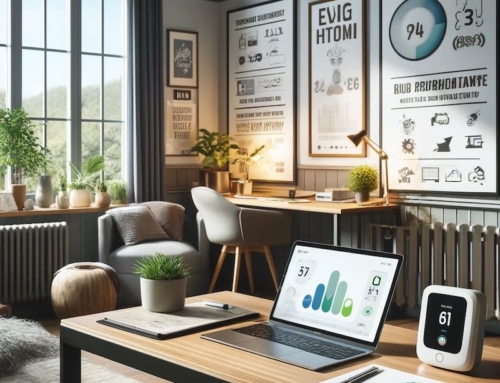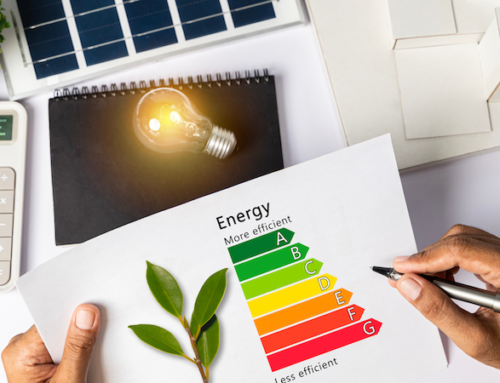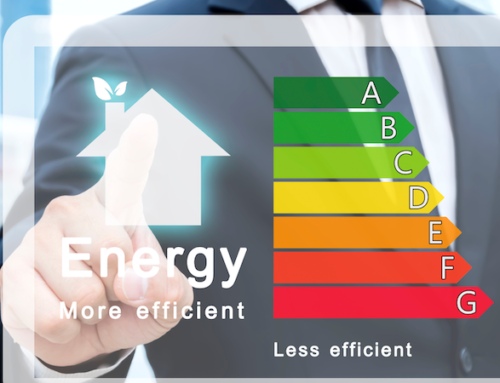
Solar batteries in Switzerland Romandie
The days are beautiful and the photovoltaic system in your house is running at full capacity.
It produces more than you use... Too bad!
If you want to use the energy produced later, a solar battery seems to be the right choice. However, the durability, economy and profitability of such a battery are not obvious. Let's try to understand a bit more.
What battery technologies are available?
Today in Switzerland, the main solar storage technologies work with lithium-ion batteries. They offer the best efficiency in terms of power density and energy distribution. Compared to a higher initial investment, they have a longer life span than batteries powered by other rare metals.
The democratisation of ecological cars will also allow the price of batteries to be lowered. Several manufacturers, apart from Tesla, such as Ford, Peugeot and Kia, are enriching their catalogue with hybrid cars.
Are resources limited?
It is well known that lithium and cobalt are very limited metals. "The world's reserves will cover the entire estimated demand for lithium until 2050. [Cit. Gesamt-Roadmap Lithium-ionen-BatteRien 2030]. Scary, isn't it?
If we look at cobalt, the situation is worse! It is very scarce and its extraction is very energy consuming and on top of that in countries with non-existent human rights and unstable and precarious political situations.
Making long-term predictions about these rare metal reserves is impossible. Furthermore, the (solar) battery industry is in a state of flux, which makes it very difficult to predict technological advances in manufacturing and recycling.
What do we know about the eco-balances?
At present, there is no label indicating the ecobalance of solar batteries. A very good compromise for increasing the sustainability of batteries is recycling. Solar batteries are increasingly being given a second life in electric and hybrid vehicles.
Can we recycle batteries at the end of their life?
Yes! When the initial capacity of lithium-ion batteries in electric or hybrid vehicles drops to 80% or 70% they can no longer be used. Of course, a battery with such a residual capacity is still in perfect condition for the requirement of a solar home battery. That is why they are given a second life!
In short, you power your entire home and your electric car with solar energy. This energy is stored in batteries similar to those in your car. Once the lithium-ion batteries in your car have reached 80% of their maximum charge, they can be recycled to make solar accumulators.
This will further reduce your environmental impact and make your mobility even greener.
After many years of service, your battery will be recycled in the most environmentally friendly way possible. (The recycling rate is usually around 70%, and up to 95% for nickel and cobalt.) There is no additional cost to you, as the price of recycling is included in the purchase of the battery.
How much does it cost to install a solar battery?
According to Suisse Energie, the cost of electricity is approximately CHF 1,140 to 1,480 per kWh.
If you want a back-up function, we add an extra cost of about 20%.
As with all technologies, solar photovoltaic panels demonstrate that system prices will fall by 40% by 2030 compared to 2020, according to experts.
Cost reduction and efficiency improvements throughout the battery process will be key.
Are the batteries subsidised?
In Switzerland Romandie, some municipalities can subsidise this technology.
You can find out more on the Francsenergie platform, which gives an overview of the different Subsidies .
So let's come to the most anticipated question.
Is it cost-effective to install batteries?
In all honesty, there is no single answer.
The scenario that seems to be the most profitable is the following: you live in a detached house in Vaud or Fribourg with a large existing PV installation, a small battery storage and a high electricity consumption due to a heat pump and an electric car and charging station. You benefit from an expensive electricity tariff (25 ct or more), the feed-in tariffs are low (less than 10 ch/kWh - source to be put) and the investment costs are low.
It is in your interest to use your solar power on site to profit from 25 ct/kWh instead of 10 ct/kWh for feeding it into the grid.
If you are in Geneva, with the solar feed-in tariff at more than 14 ct/kWh (in 2022 - links) the use of the battery is certainly less profitable...
Finally, the world of batteries is a constantly evolving chapter.
If you choose to install batteries, you will be pleased to know that one in five people in Switzerland have chosen the same when installing photovoltaic panels.
To conclude, to increase the profitability of your photovoltaic installation, other solutions exist.
Amongst others, the creation of a community of self-consumers as well as groupings for own consumption.
An adaptation of the use of household appliances is also a very good solution.
With regard to heating, the installation of a heat pump and a thermodynamic boiler are "The Solution".
If you would like to know more about the solutions we offer, please contact us and we will be happy to advise you on your needs.




